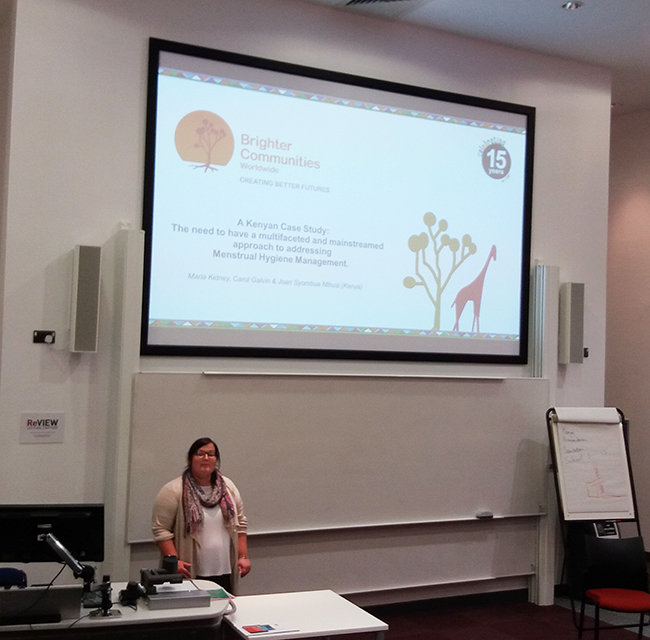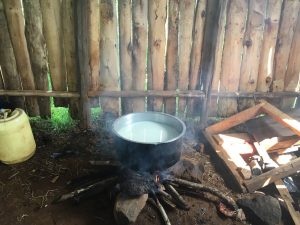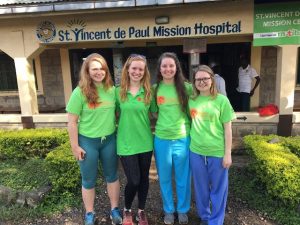As part of my role with Brighter Communities Worldwide, I attended a conference hosted by the Water, Engineering and Development Centre (WEDC) in Loughborough University in England from the 24th to the 28th of July.
I was there to present a case study of our work in Menstrual Hygiene Management (MHM). This case study explored and detailed Brighter Communities Worldwide’s journey from running one programme in the field of MHM to mainstreaming it across all of our programmes.
The WEDC International Conference is a valued and respected platform, which is aimed at supporting knowledge sharing, improving good practice and developing capacity for the water, sanitation and hygiene (WASH) sector. Indeed, the conference theme this year was Local Action with International Cooperation to Improve and Sustain Water, Sanitation and Hygiene (WASH) Services.
It certainly lived up to its international billing; there were over 50 countries represented from around the world, and around 200 people presented a paper on their work or research in the field. As well as the presentation of papers there were side events every day, where international agencies, programmes or projects shared results, introduced new approaches, or consulted with their audiences on emerging topics in the sector. Topics covered ranged from innovative solutions to accessing water, to the latest pit latrine designs, to community engagement techniques – and everything in-between.
My presentation went into detail on how we began working on Menstrual Hygiene Management (MHM) in schools in 2010. That was when the issue was identified by the community as girls were missing out on up to one week of school every month. I explained how feedback from this programme – known as Girls for Girls – enhanced our view that MHM requires a multidimensional approach. It’s not just about access to products; it’s also about access to quality sanitation and correct information, among other things.
I shared our findings around improved MHM having benefits for all members of the community. I also shared our experience of how it has been to move from one programme on MHM to including aspects of it across all Brighter Communities Worldwide programmes. This will involve all community members in the issue – including women not in education, of course, but also men and boys.
The presentation was well received and the audience had the opportunity to ask questions and share their experiences.
Overall, the week at the WEDC conference was incredible; it was an opportunity to meet like-minded people and to share our ideas and experiences and hear about theirs. I came back to the office armed with new ideas and tools and fresh ways of approaching the challenges we have faced, all of which I plan to share with my colleagues in Kenya and Uganda.





